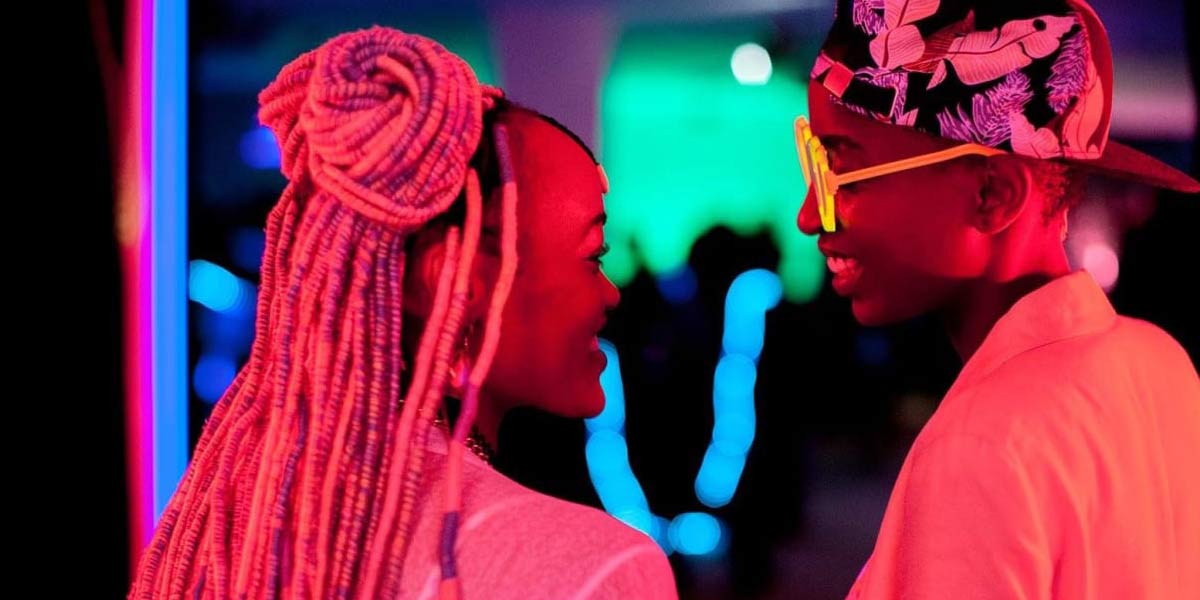Kenya | Court refuses to lift ban on lesbian film Rafiki

In a blow to artistic freedom and expression, a court in Kenya has refused to end the country’s ban on the internationally acclaimed lesbian love story, Rafiki.
On Wednesday, the High Court found that the producers had failed to show that banning the film infringed on freedom of expression which, it explained, is not an absolute right and may be restricted to protect society and morality.
Justice J. A Makau also said that the power of the Kenya Film Classification Board (KFCB) to censor the film is not unconstitutional.
Director and co-producer Wanuri Kahiu told the Thomson Reuters Foundation that she would continue to fight to have the film freely available in Kenya.
“We are disappointed of course. But I strongly believe in the constitution and we are not going to give up,” Kahiu said. “I think it is very important for us to define what freedom of expression means in Kenya as per our constitution. We are going to appeal. The ruling today is not a true reflection of what the constitution says.”
Rafiki, based on the award-winning short story Jambula Tree by Monica Arac de Nyeko, is a coming of age story about two Kenyan girls who fall in love and whose desire for each other flies in the face of African convention. It was co-written by Jenna Bass, a South African film director and was produced by South African Steven Markovitz.
In April 2018, the KFCB banned Rafiki over its “clear intent to promote lesbianism in Kenya…” It nevertheless was the first Kenyan film to premiere in the Un Certain Regard section at the Cannes Film Festival and has since been screened around the world, winning 20 awards.
Kahiu took the matter to the courts and was able to have the ban temporarily lifted for a week in Kenya. The packed cinema screenings that followed made it the second-highest-grossing Kenyan film of all time.
The KFCB’s notoriously homophobic CEO Ezekiel Mutua said that the court’s decision to confirm the ban on Wednesday vindicated his stance.
“We went against popular opinion and said no to homosexual content. We were labelled as homophobic and ostracized locally and internationally,” he tweeted. “But we stood for family values and what we believe to be in the best interest of Kenya. Family is the basic unit of society.”
Mutua added: “You want to do gay films? Go to countries that have legalized the practice. Gay films are not a human rights issue. It’s an attempt to normalize a practice the larger Kenyan society abhors. This we shall resist with the full force of the law!”
In May 2019, Kenya’s High Court shocked the world by upholding the country’s colonial-era laws that criminalise homosexual acts. Under the provisions, these acts are punishable with up to 14 years in prison.
Leave a Reply